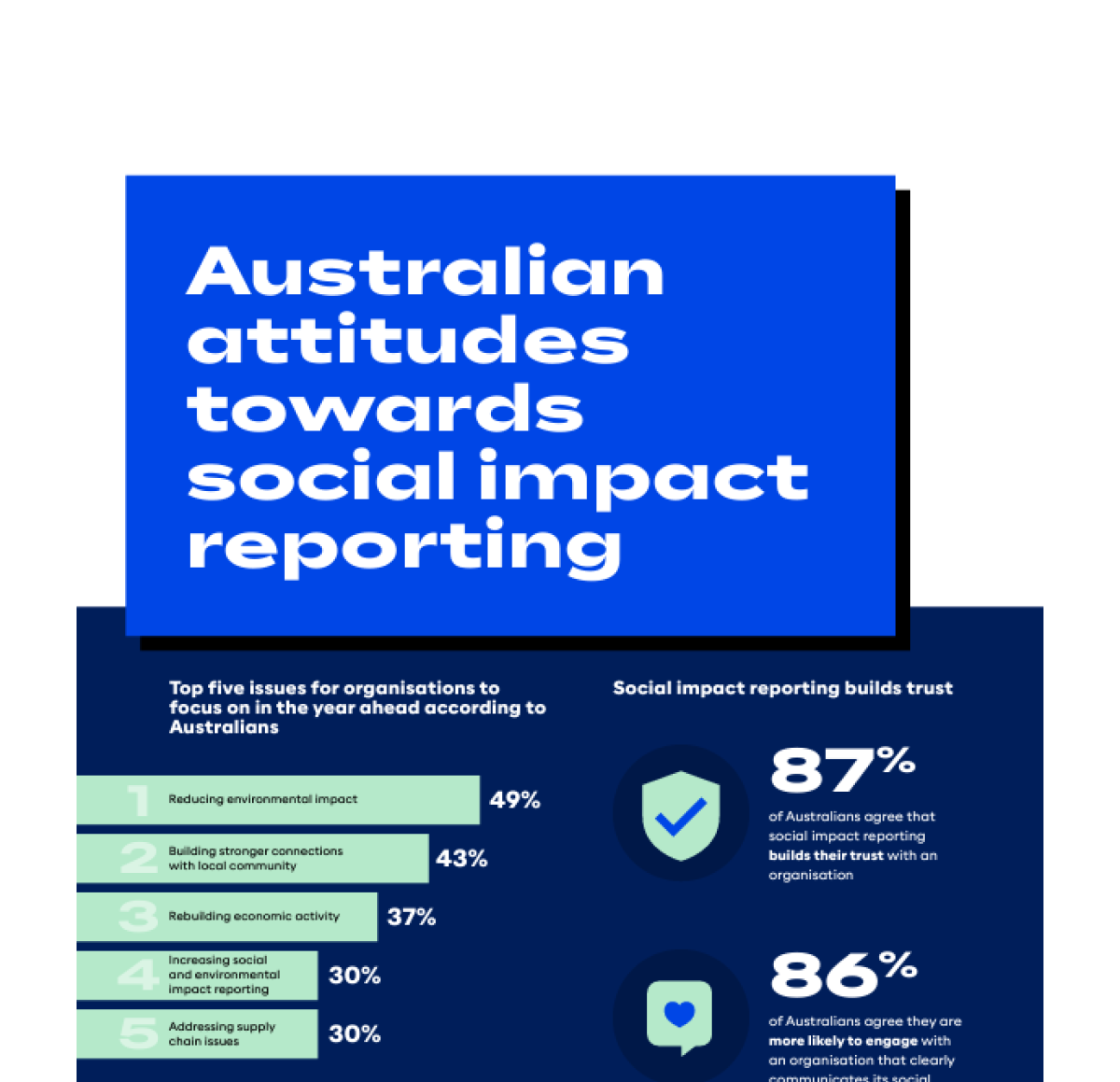Concerns for the environment on the rise ahead of World Environment Day

Over the last few years, environmental concerns have taken center stage. The 2019 Oxford English Dictionaries word of the year was ‘Climate emergency’. The 2020 Australian Bushfires became global news, and Greta Thunberg continues to advocate on behalf of the next generation about the environment.
As a result, World Environment Day has become the most renowned day for environmental action. Since 1974 it has engaged governments, businesses, people, and communities to focus their efforts on tackling environmental issues. The theme for 2020, biodiversity, is one that speaks to the heart of Australian communities and the spirit of giving which Australians have rallied around. It relates to the webs of life that we as humans all exist in, especially the place of the shifting community focus outwards. It is expected that at the current rate of consumption we need approximately 1.75 Earths to provide resources and absorb our waste The concerns for the environment have become increasingly important and the way communities shift their focus will be integral.
Helping others out
According to our research, charities are a pathway to fulfil social responsibility, with both the Australian giver (61%) and charity workers (68%) agreeing that not-for-profits provide an essential pathway for Australians to contribute. This has been a way to fulfil the human duty of providing hands-on help to others in need. Australians believe that it is their responsibility to partner with charities to bring about change. This belief in change and the unification through a shared cause is what drives the Australian community. The ‘Australian Spirit’ is especially evident through the giving in response to natural disasters, animal welfare & children’s charities.
During the bushfire crisis at the beginning of 2020, Australians were going above and beyond their normal giving. Comedian Celeste Barber raised $51 million for the RFS & Brigades Donations fund which displayed the generosity and willingness of Australians to help those in need. Australians are willing to give. It is a matter of how pressing the issue is.
Whose responsibility?
The responsibility of addressing climate change and environmental sustainability is often placed on the shoulders of world governments. This perspective takes away the responsibility of the community and individual to act, as they believe that the impact they make may be negligible. This is the attitude that needs to be flipped on its head. Charities and Not-For-Profits play a crucial role as the avenues through which Australians can make a difference.
It is also important to recognise types of givers within Australia. A growing proportion of people are giving as need responders. This means that they are mostly likely to give when they hear about a need or issue that has arisen. Gen Z (41%) and Gen Y (38%) are the generations most likely to consider the environment as an important area of need. These generations are also actively advocating for change through their buying behaviours. They are rejecting associations with brands which continue to operate in unethical and unsustainable manners. As such, environmental giving has moved to the seventh most likely cause for Australians to support. Younger givers are driving the rise in support for environmental change as they give the environment a voice through them.
Change is not something that will happen overnight. Existing systems will always be resistant to variations which impact profit margins and productivity. The environmental conversation has been at the forefront of global conversations but has not empowered whole communities to consider their impact on the environment. Charities and Not-For-Profits play a key role in educating and calling communities to action, by providing them a cause which they sympathise with and universally care about. The environment is struggling, and everyone has their role to play in managing it.








